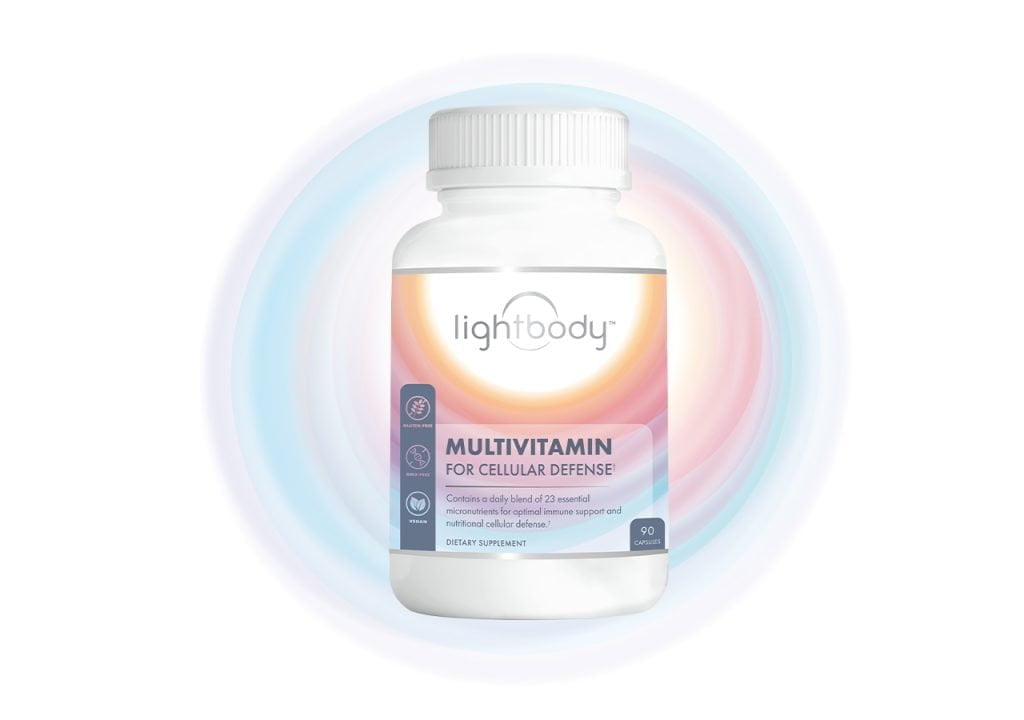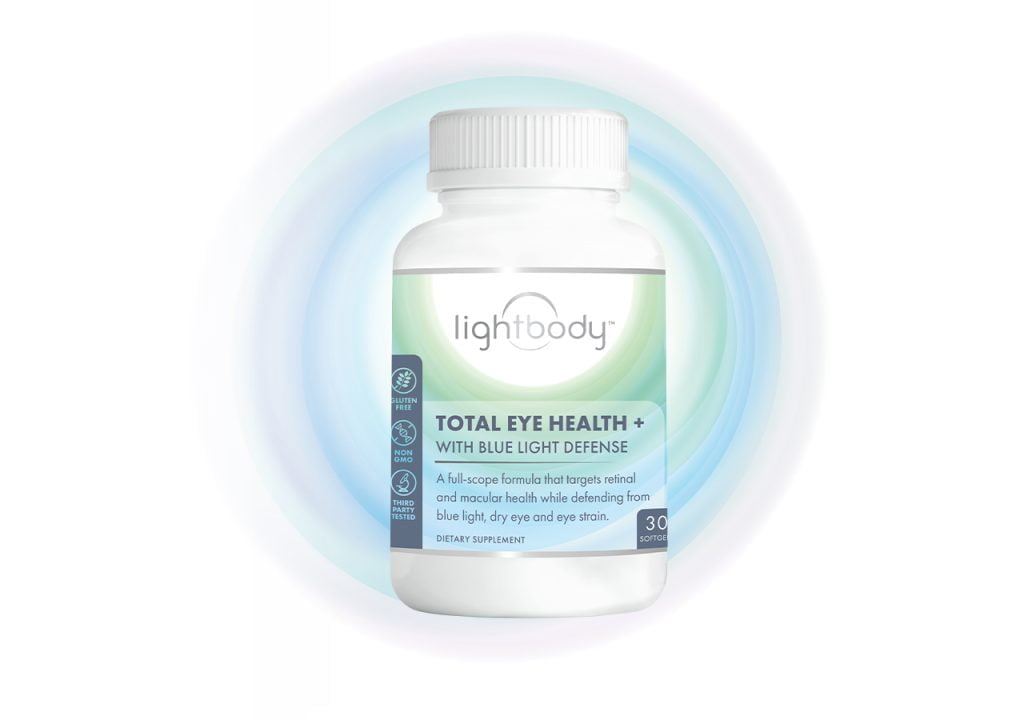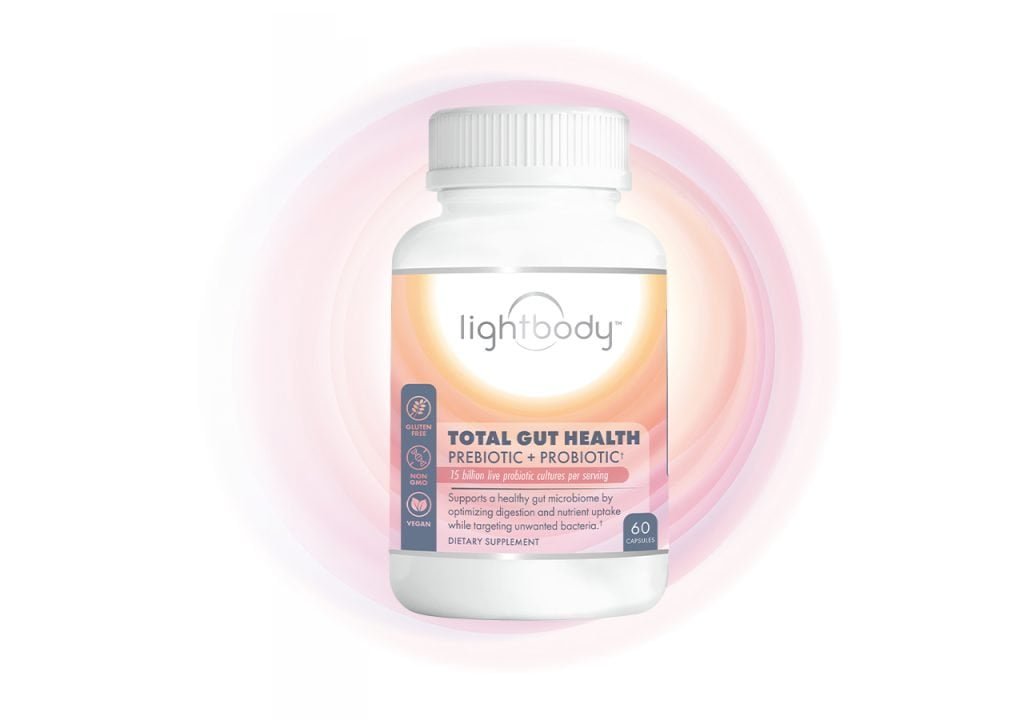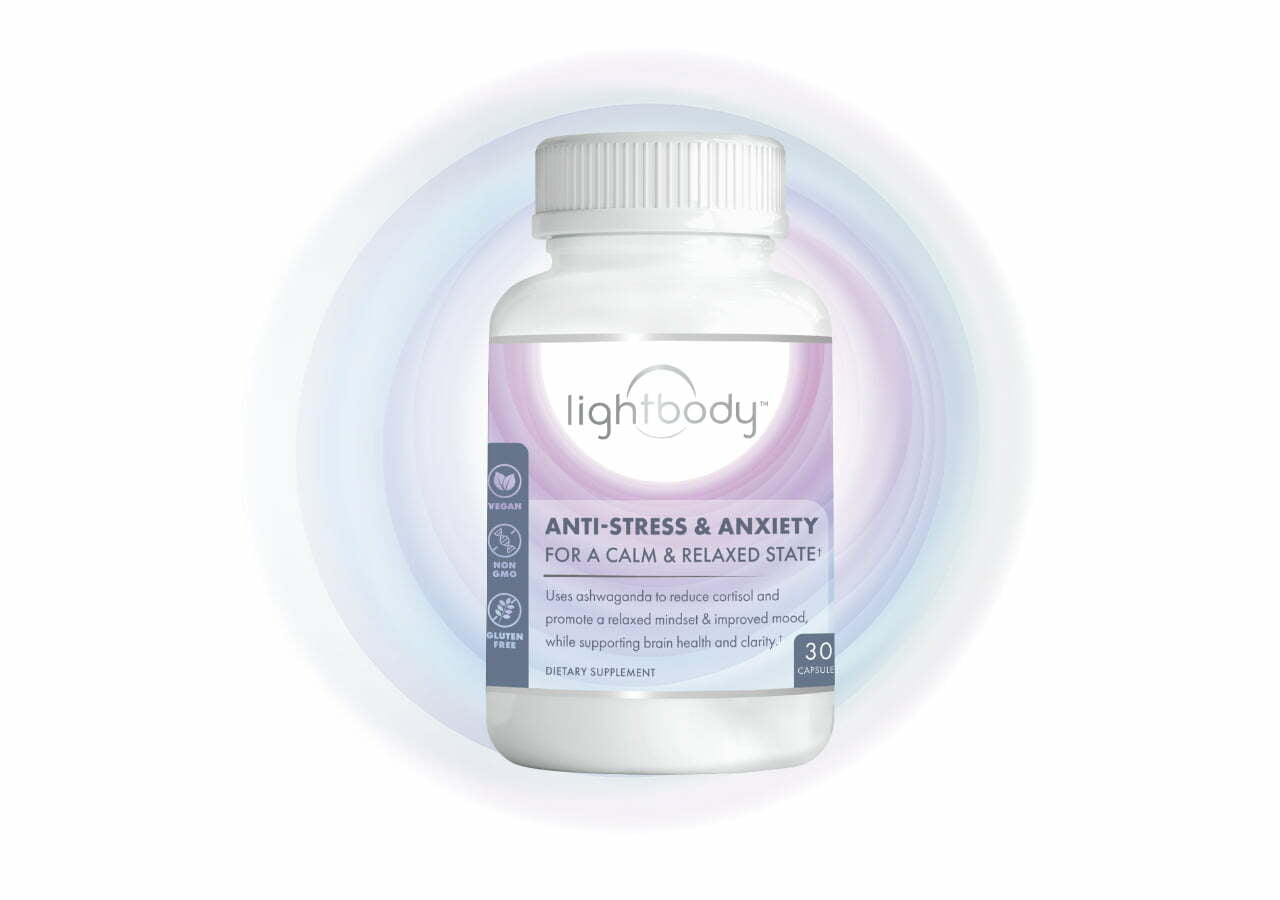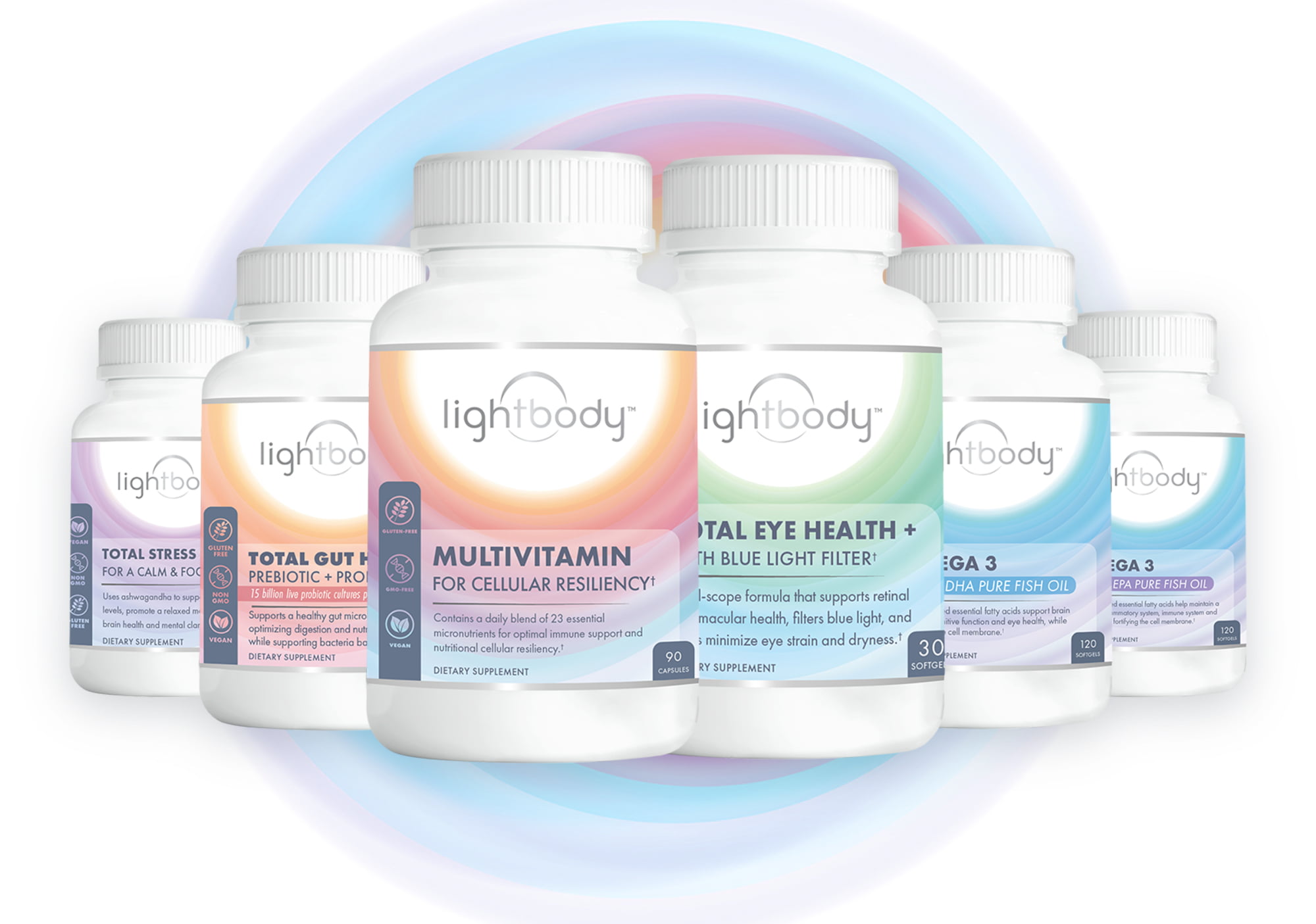Every day is seemingly a grind. Mornings are a frantic rush, commuting through traffic jams to a job packed with deadlines. Meetings merge into a monotony, and stress accumulates unnoticed.
One day, I began to have symptoms: daily headaches, a fluttering heart, perpetual unease. Without realizing it, these issues started to negatively impact well-being. Work productivity dropped, only adding to the cycle of stress and reduced performance. Health issues silently accumulate under the relentless pressure.
Does this sound familiar? Many, myself included, face these silent battles in our fast-paced world. Recognizing the signs of stress is crucial for mental and physical well-being.
That’s why I decided to take a stress test, a diagnostic tools to uncover hidden stress realms. Many people can relate to my situation, maybe even you reading this blog.
So, what symptoms signal the need for an examination? What’s involved and how do you prepare?
Keep reading to learn more:
- 7 signs you may need a stress test
- What happens during a stress test?
- Conclusion: Post Stress Test, Now what?
- Frequently Asked Questions
7 signs you may need a stress test
Recognizing when you might need a stress test involves paying attention to subtle signals your body and mind send.
All the symptoms listed below, whether as individual symptoms or coupled together, are red flags.
Based on my experience, by recognizing these symptoms early on, you can take proactive steps towards understanding and managing stress, promoting not only better heart health, but a healthier and more balanced life.
And before we get into it, if you observe any of the symptoms mentioned in this blog post, be sure to tell your doctor and consider undergoing a stress test.
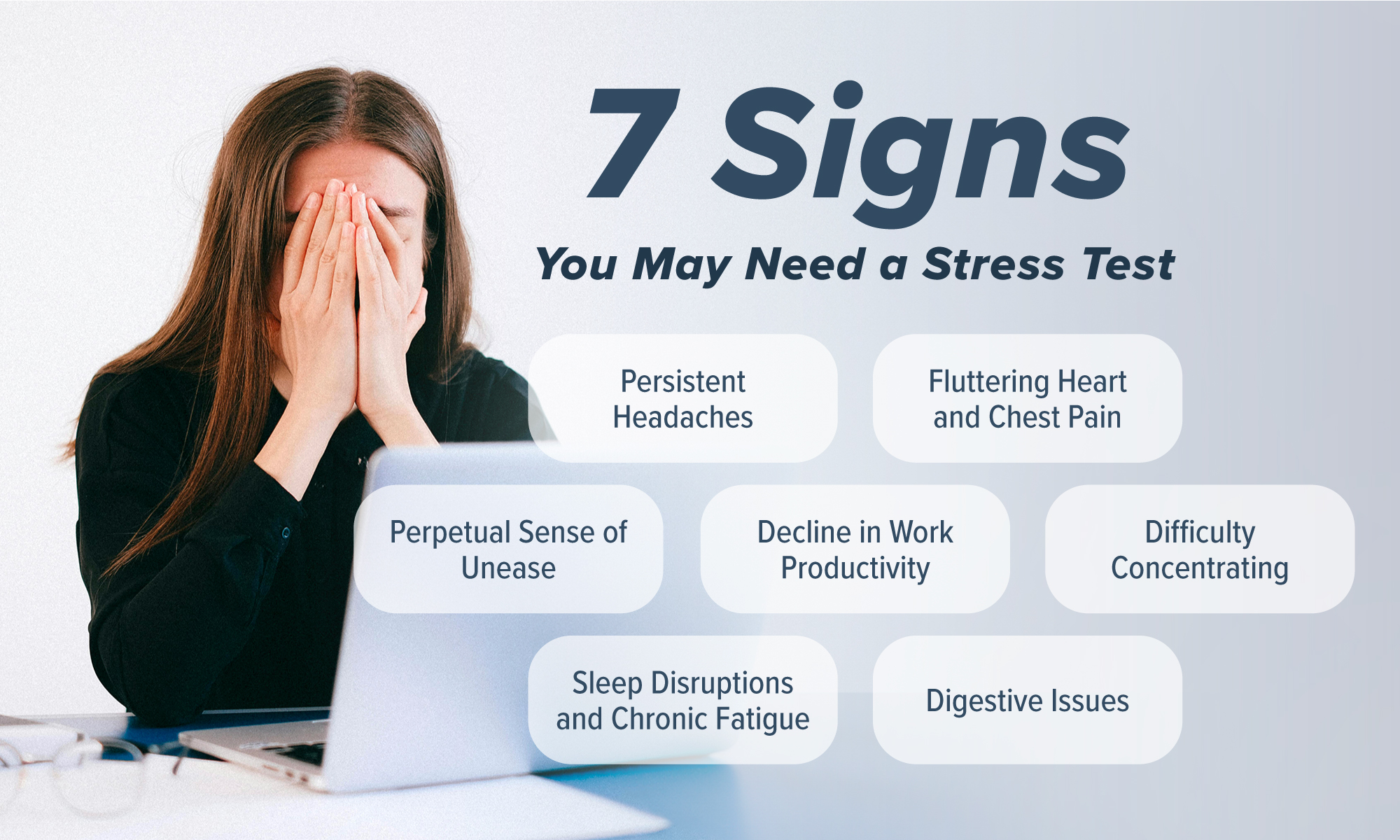
1. Persistent Headaches
Frequent and persistent headaches, especially in the absence of other known causes, may indicate heightened stress levels affecting your well-being. You may also feel a sense of dizziness.
2. Fluttering Heart and Chest Pain
Sensations of a fluttering heart, irregular heartbeats, or chest pains can be a physical manifestation impacting your cardiovascular system. This can also lead to a shortness of breath.
3. Perpetual Sense of Unease
If you experience an ongoing feeling of unease or restlessness without an apparent reason, it could be a sign of underlying stress.
4. Decline in Work Productivity
Noticeable and sustained decrease in work or academic performance may suggest the need to evaluate stress levels and their impact on cognitive function.
5. Difficulty Concentrating
Your heart is not the only organ that can be impacted by stress. Persistent difficulties in concentrating, memory lapses, or mental fatigue may suggest cognitive impairment due to prolonged stress.
6. Sleep Disruptions and Chronic Fatigue
Difficulty falling asleep, staying asleep, or experiencing restless sleep patterns can be linked to heightened stress levels affecting your sleep quality.
Even if you are getting enough sleep, but still are feeling chronically fatigued, this may be another indicator.
7. Digestive Issues
Chronic gastrointestinal problems or changes in bowel habits can sometimes be associated with heightened stress levels.
What happens during a stress test?
A stress test, a common diagnostic procedure in cardiology, involves the evaluation of cardiovascular function under increased physical exertion when your heart is working harder than normal.
The collected data helps identify irregularities in cardiac function. It can detect potential coronary artery disease and other underlying heart disease, assess exercise tolerance, and detect an irregular heart beat.
There are two main types of stress tests.
Exercise stress test
In an exercise stress test, you will undergo a form of controlled exercise while wearing electrodes, such as brisk walking on a treadmill or riding a stationary bike, aiming to elevate the heart rate. The test begins with baseline measurements of heart rate, blood pressure, and electrocardiogram (ECG).
It’s important for doctors to measure your resting heart rhythm to see how your heart muscle performs under its workload.
Throughout the exercise, healthcare professionals closely monitor vital signs and ECG readings from the electrodes to assess the heart’s response to stress.
The test continues until the target heart rate is achieved, or the individual experiences symptoms like fatigue, chest discomfort, or abnormal changes in the ECG. The cardiologist will then stop the test.
Nuclear stress test
The nuclear stress test uses PET imaging test, rather than an ECG. You will still exercise on a treadmill or stationary bike. But before you begin your exercise, doctors will inject tracer dye into your bloodstream. This helps track how blood flows throughout your body.
Once your heart rate is elevated due to exercise, you will have a non-invasive PET scan. You will then have a second scan once your heart rate has returned to its resting rate.
The results of a nuclear stress test can provide more detail on how well your heart pumps blood throughout your body and any potential abnormalities.
Conclusion: Post Stress Test, Now what?
A stress test aids in the diagnosis of existing heart conditions. But, it may also assist healthcare professionals in formulating appropriate strategies for preventive care and lifestyle adjustments to manage and reduce the impact of stress on the heart.
Following a test, the doctor carefully reviews the collected data to assess the individual’s cardiovascular health. This analysis helps identify any abnormalities, such as insufficient blood flow to the heart or potential coronary artery issues.
Depending on the results, your doctor may suggest lifestyle modifications, medication adjustments, or additional cardiac tests. If needed, regular follow-up appointments are typically scheduled to monitor progress, ensure adherence to the treatment plan, and address any evolving health concerns.
In my opinion, another potential remedy for stress can be supplementation. To learn more about supplements for women, check out our previous blog, which mentions a specific supplement tailored to address stress management.
Remember, effective communication and collaboration between you and your healthcare team is crucial in navigating post-stress test care and maintaining cardiovascular health.
Frequently Asked Questions
Recognize the need for a stress test if you experience persistent symptoms such as headaches, palpitations, chronic fatigue, and a decline in work productivity. These signs are often coupled with other signs of chronic stress, which impact your well-being.
The duration of a stress test varies, but the average person typically lasts about 10 to 15 minutes on a treadmill or stationary bicycle during the active phase of the test.
Red flags during a stress test include chest pain, severe shortness of breath, significant changes in blood pressure or irregular heart rhythm, and an inability to continue due to fatigue or discomfort.
Check your stress level at home by monitoring physical and emotional signs. Pay attention to sleep quality, appetite changes, and overall feelings of well-being, in addition to any physical manifestations.



